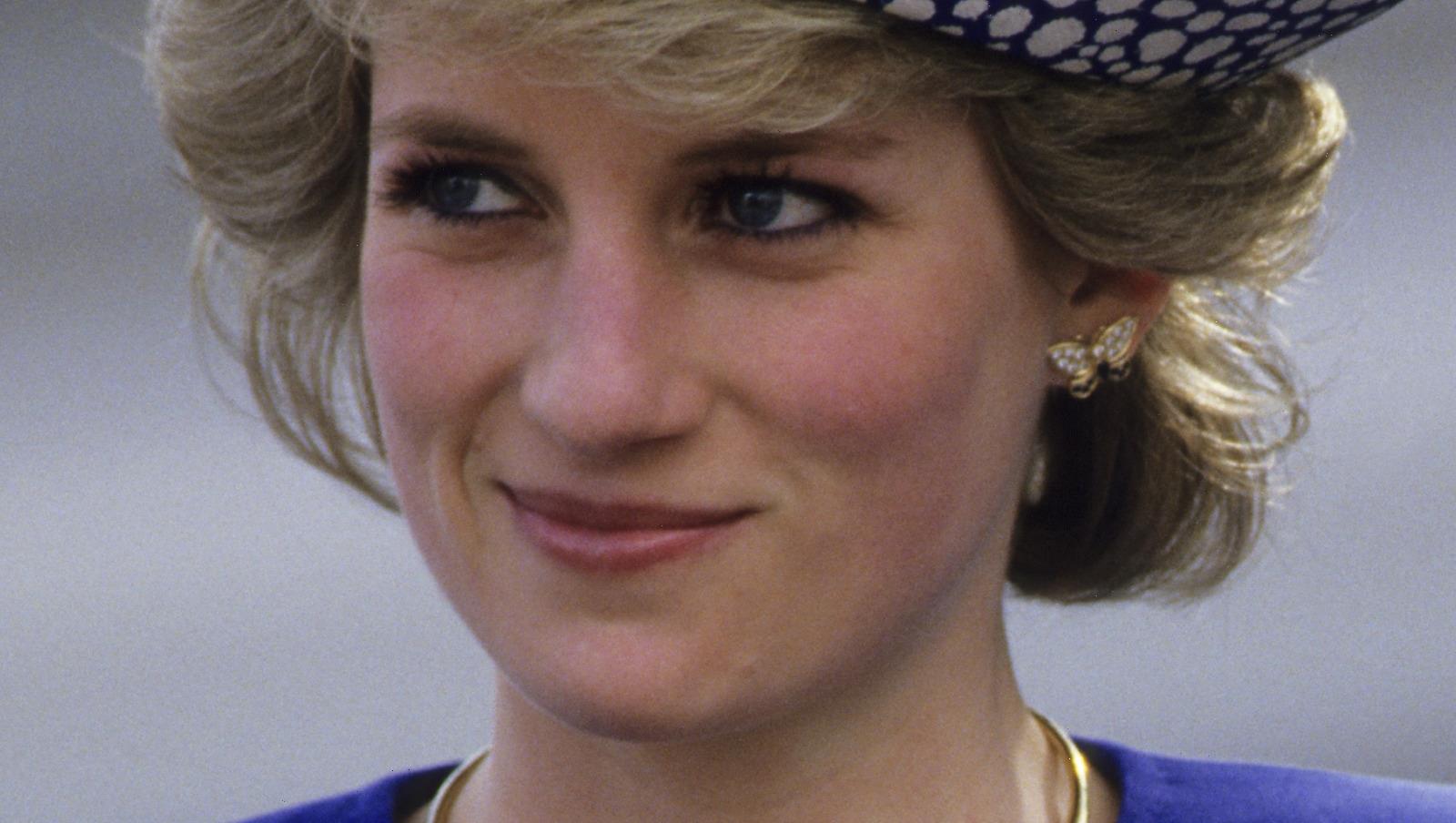CHRISTA McAuliffe a teacher and astronaut who tragically passed away in the 1986 destruction of the Space Shuttle Challenger.
McAuliffe was selected from more than 11,000 applicants to participate in the NASA Teacher in Space Project and was scheduled to become the first teacher in space.
Who are Christa McAuliffe's children?
On January 28, 1986, McAuliffe – along with six other people – including five NASA astronauts and two payload specialists perished in the destruction of the Space Shuttle Challenger.
The other six crew members were payload specialist Gregory Jarvis, mission specialist Judith A Resnik, mission commander Francis R Scobee, mission specialist Ronald E McNair, pilot Mike J Smith and mission specialist Ellison S Onizuka.
McAuliffe was a high school teacher from New Hampshire.
At the time of her death, McAuliffe was married to her longtime boyfriend Steven J McAuliffe.
Together the couple had two children, Scott and Caroline, who were nine and six years old when she died.
What caused the explosion of The Challenger?
The NASA shuttle orbiter broke apart just 73 seconds into its flight that day at 11.39am local time.
Just a few seconds into the mission, a flame was seen breaking through the solid rocket booster that would ultimately lead to the catastrophic explosion that claimed the lives of the astronauts and crew members on board.
The Space Shuttle Challenger OV-099 exploded in midair just over a minute after takeoff, breaking apart.
The crew compartment ascended to an altitude of 12.3 miles before free-falling into the Atlantic Ocean.
An O-ring failure blamed on cold weather doomed the shuttle before it even left the launch pad.
However according to NASA, after the shuttles launch, a booster engine broke apart, resulting in a deadly explosion.
The Rogers Commission also found that NASA's organizational culture and decision-making processes had been key contributing factors to the accident, with the agency violating its own safety rules.
What did Author Kevin Cook say about the aftermath of the explosion?
In a shocking new book, Burning Blue: The Untold Story of Christa McAuliffe and NASA's Challenger by Kevin Cook, the author claims the crew likely survived the dramatic explosion before the space shuttle plunged to earth and crashed into the Atlantic Ocean.
Cook says he has uncovered the "errors and corner-cutting that led an overconfident space agency to launch a crew that had no chance to escape".
The space shuttle Challenger pilot Smith exclaimed ″Uh-oh 3/8″ at the moment the spacecraft exploded.
The alarmed pilot noticed something was amiss – possibly vapor or a fire – while the capsule was hurtling through the air at twice the speed of sound, reports the New York Post.
The right booster rocket was leaking fuel.
Smith, Dick Scobee, McNair, Ellison Onizuka, Resnik, Jarvis and McAuliffe survived the initial disaster and “were conscious, at least at first, and fully aware that something was wrong,” Mr Cook writes.
Publicity information about Cook's book explains that he "tells us what really happened on that ill-fated, unforgettable day.
"He traces the pressures – leading from NASA to the White House – that triggered the fatal order to launch on an ice-cold Florida morning.
"Cook takes readers inside the shuttle for the agonizing minutes after the explosion, which the astronauts did indeed survive.
"With drama, immediacy, and shocking surprises, he reveals the human price the Challenger crew and America paid for politics, capital-P Progress, and the national dream of 'reaching for the stars'."
The disaster resulted in a 32-month hiatus in the Space Shuttle program and the formation of the Rogers Commission, a special commission appointed by President Ronald Reagan to investigate the accident.
The Post reports that "the launch seemed snakebitten from the start and was hit with multiple delays", because of rain and a hatch malfunction.
"All three network news programs featured NASA’s latest embarrassment,” writes Cook.
His book echoes a NASA report, which concluded that some of the crew apparently lived long enough to turn on emergency air packs.
It was the first indication that any of the seven astronauts killed may have been aware of the January 28 disaster, the worst in the history of space exploration.
The astronauts probably survived the explosion and breakup of the shuttle orbiter.
And they could have had six to 15 seconds of ″useful consciousness″ inside the crew compartment after the blast, said Dr Joseph Kerwin, an astronaut- physician who investigated the cause of death for the crew.
Despite the force of the crew compartment hitting the ocean being so destructive the precise cause of death for the crew could not be determined, he added.
Source: Read Full Article








